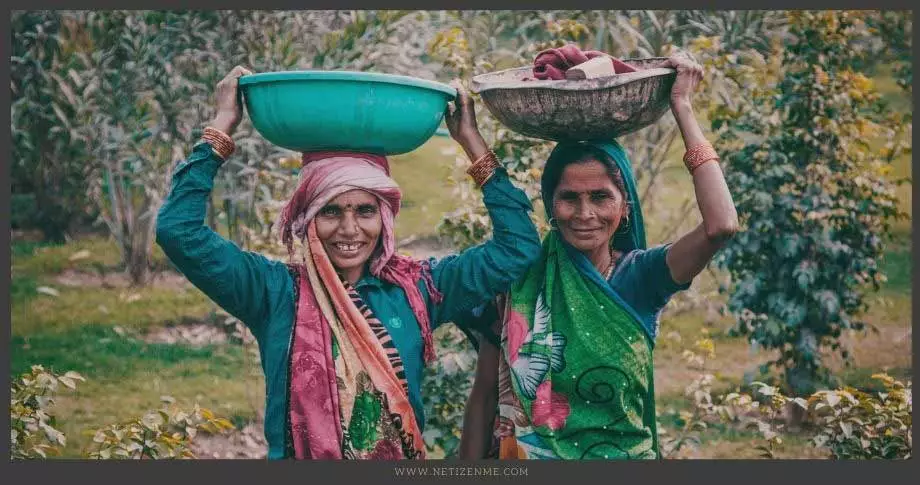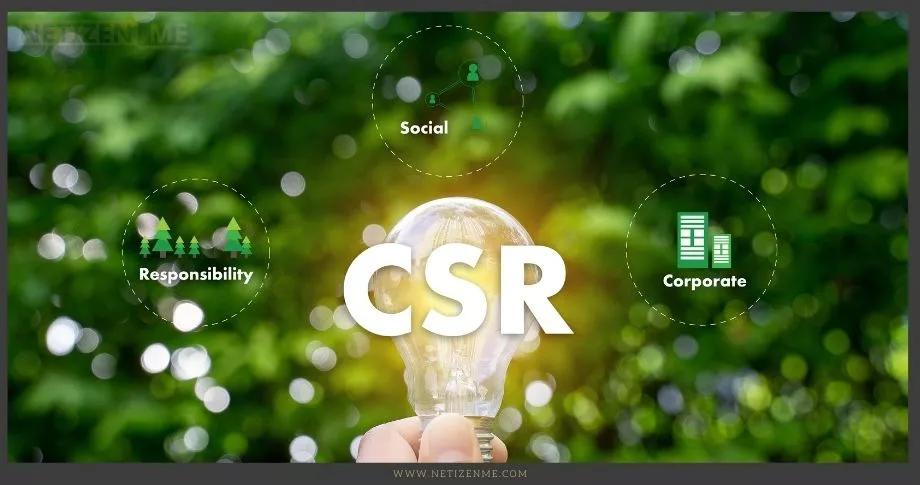Isn’t it beautiful to see multi-billion organizations taking part in humanitarian projects and trying their best to bring a positive impact one way or another? Unilever’s project to help better the livelihoods of people across India has changed the lives of many.
Unilever Enhancing Livelihoods – Project Shakti
What are the goals of Unilever’s project?
This project aims to allow the women of India to become entrepreneurs and train them to have the mindset needed to become financially liberated. The name given to these businesswomen is Shakti Ammas, who are women who are trained to understand the business world, sharpen their communication and negotiation skills, learn the basic distribution management ways, and become familiar with the company’s products. This project generates job opportunities for women while introducing and increasing the distribution of their products to rural areas.
Unilever Project: The Innovative Business
This project is considered one that simultaneously uses social goals to reach business goals. Many might criticize by saying that a company should not get credit as they are also profiting from this approach and that it is not only for the benefit of society. However, this is called innovative business; when you can find a solution to two things that profit the company in one way or another, this is the perfect example of corporate and personal sustainability.
Unilever saw the gap and decided to build a bridge to help one party flourish both. With this project, Unilever can now reach out to villages they did not have a hold of and expand their reach, sales, and profits while helping women become entrepreneurs. By 2015, Unilever had trained around 70,000 women with basic accounting, sales, IT-related skills, and health and hygiene.
However, many studies show that some points did not sit well with many people. For example, HUL asks for an initial investment of RS. 15,000 to RS. 20,000 is quite a lot for India’s lowest of the low-income. Those who come up with this initial investment are either capable of easily earning this money or have the capability to take loans. This does not cater to the poorest of the poor population of India, who need financial aid to survive daily life.
Unilever’s project and the dividends
Moreover, when it comes to dividends, many people do not understand how the payouts work and whether they are fair to every party. To understand the real dividend situation, you need to know that the company’s dividend is mainly in two currencies: US dollars and Euros. Therefore, the currency conversion aspect contributes to the unreliable dividend payout. However, Unilever is catering to this problem by returning cash to investors and constantly increasing dividends. Therefore, this project has helped thousands of women become independent, respected, empowered, and given the rights and opportunities they deserve, keeping all investors satisfied.
Unilever’s project’s positive impact
Due to this project’s positive impact on India, the same model is starting to be used in other countries that need to increase women’s opportunities and give financial aid to low-income families. Markets in Southeast Asia, Africa, and Latin America are all starting to use the Project Shakti model to try to reduce poverty.
It is impressive how organizations can bring such a positive impact by working with the public and making the world a better place one step at a time.
References
- Carnette, J. C. (2016, August 30). Here’s what investors need to know about Unilever’s dividend. The Motley Fool.
- CSRBOX. (2019). Hindustan Unilever is empowering women of rural India through its project Shakti – CSRBOX. Csrbox.Org.
- Hindustan Unilever Limited. (2021). Project shakti. Hindustan Unilever Limited
- Poonamallee, L. (2021). Corporate citizenship: Panacea or problem? digitalcommons.mtu.edu.
- Unilever Case Study. (2018, May 6). Enhancing the livelihoods of women in Unilever’s agricultural supply chain. Business Fights Poverty.
This article is written by:
Our professional writers and editors are passionate about sharing high-quality information and insights with our audience. We conduct diligent research, maintain fact-checking protocols, and prioritize accuracy and integrity to the best of our capacity.
You can cite our articles under the author name "Netizenme"


